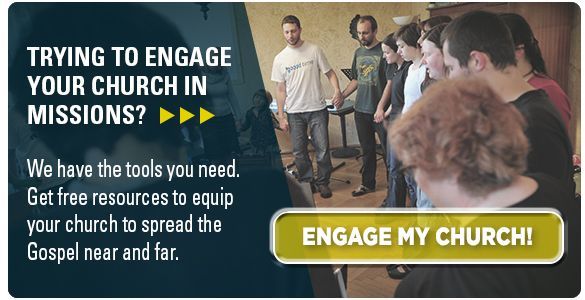A Tale of Three Cities...and Beyond
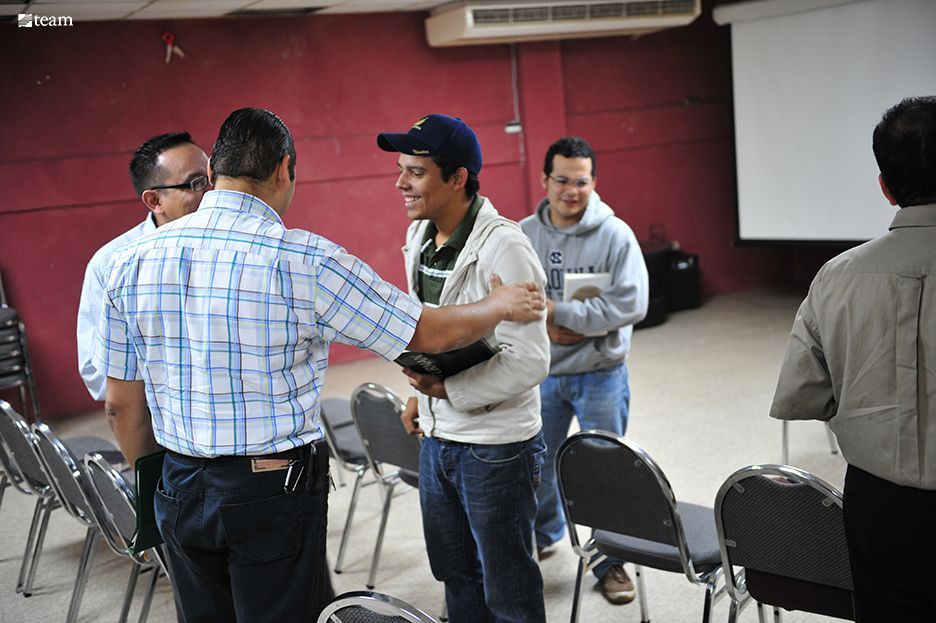
God called many to Himself during the early years of Impacto Honduras, expanding into a thriving ministry with four locations that continue to flourish today.
Impacto Charlotte
Keith and Dawn settled in Charlotte, North Carolina, a location halfway between their parents’ homes and with a large Hispanic population. In a beautiful example of polycentric sending, Impacto Honduras became their sending church to establish the new church plant in Charlotte!
Named accordingly, Impacto Charlotte was formed in November 2017. Starting as a house church, the fledgling congregation was just Keith and Dawn, as well as a couple they’d met at Impacto Honduras, and another believer who was a former student in their youth group in Bogota!
Within a few months, they had 25 people attending and realized they’d need a larger space to meet. The Moores connected with
Carmel Baptist Church in Charlotte – a missions-minded church that already hosted Chinese, Japanese, and Russian congregations, and was looking to serve Hispanic populations as well. Looking back, Keith marvels at the goodness of God in providing a “home” for their church body in such a short time.
The next challenge was to get the word out to the Hispanic community about Impacto. Keith and Dawn went door-to-door, inviting people to come to church. They also made connections with people by volunteering at
The Help Pregnancy Center, a community’s ministry to families facing unplanned pregnancy. Word-of-mouth began to grow and now six years later, the church has grown to about 100 people, representing 12 different countries.
Impacto Charlotte also implemented five small groups to foster intentional discipleship, which can be a challenge for Latin American believers making their way in a new country. “When they come into the United States, they’re following the American dream, and so they work like crazy,” Keith explains. “It’s hard to get time with people.”
All in the Family
In a sweet turn of events, Keith and Dawn have a special staff member at the church to help coordinate and lead small group discipleship efforts. Their youngest son, Chad, a recent seminary graduate, was an intern at Bellevue Baptist in Memphis – the same church that sent the Moores to Honduras. Keith asked Chad and his wife Rachel to fill in for him at a missions conference.
“I said, ‘Just cover my table for me, greet people, tell them what's going on [in Charlotte],’” Keith says. He gets choked up as he remembers what happened next. “Chad was standing by the table, telling everybody about [the ministry], and he looks at Rachel and says, ‘Why don't we go there and help them?’”
A few months later, Chad and Rachel joined his parents in ministry at Impacto Charlotte, with Bellevue Baptist in Memphis and Impacto Honduras in Tegucigalpa as their two sending churches! The three churches are now also working together to help send a Honduran believer to serve cross-culturally in North Africa. What an amazing picture of the global Church working together!
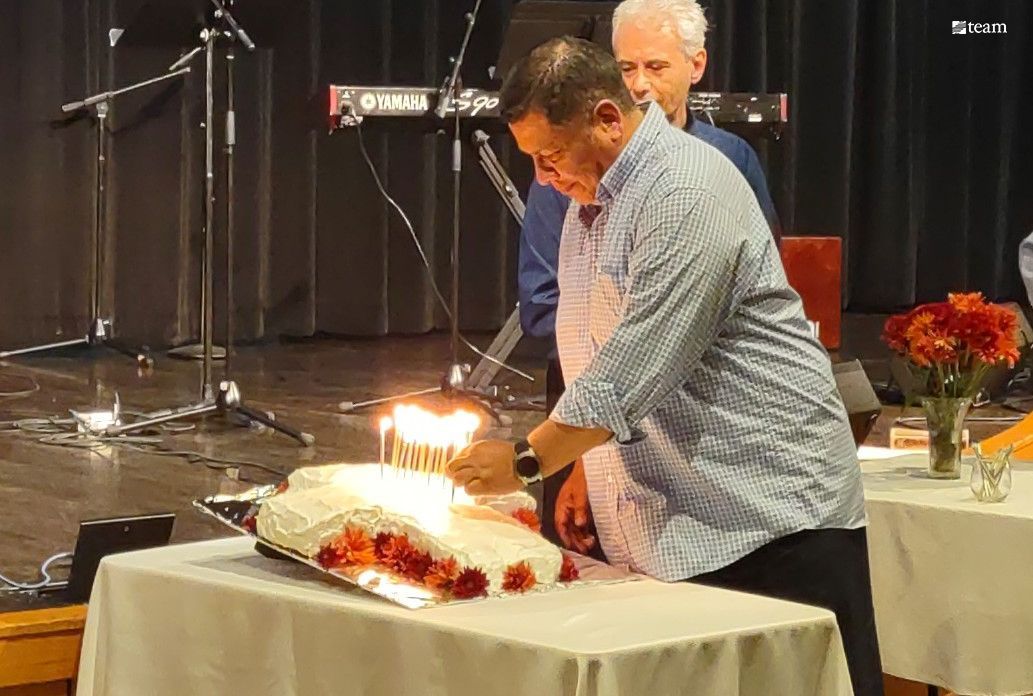
Impacto Charlotte is an excellent example of the global Church in action.
Celebrating Gospel Impact
Each year on the anniversary of the founding of Impacto Charlotte, the Impacto family celebrates the Lord’s goodness. At the most recent anniversary event, twenty-two folks from Impacto Honduras joined the party. The celebration included wonderful times of worship, fellowship, and the sharing of a lot of food!
Perhaps the highlight of the celebration is a tradition that the Moores began way back in Colombia. A cake is made in the shape of a cross, and everyone who has trusted Christ as their Savior that year puts a candle on the cake. “We had 20 candles on our cake this year,” Keith shares. “It’s a tangible way for us to see: Are we just collecting people? Or are we really reaching people for Jesus?”
When asked what keeps him motivated in ministry after so many years, Keith has a ready answer. “Two things,” he says. “I love to see people come to Jesus. It’s just a miracle seeing somebody pray to receive Christ. And then to see people trained and ready to serve the Lord, that’s awesome. I love it when we're moving forward.”
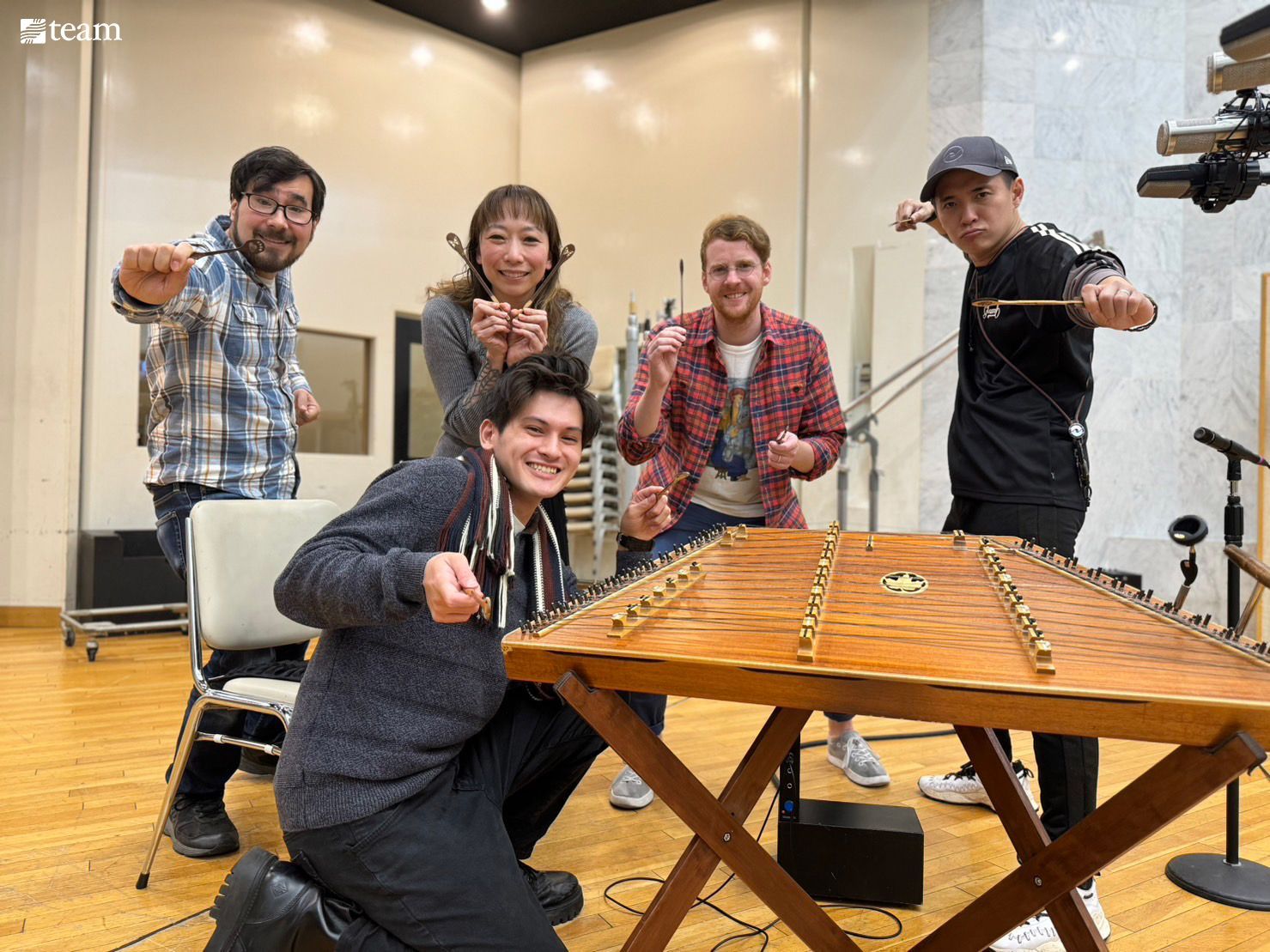
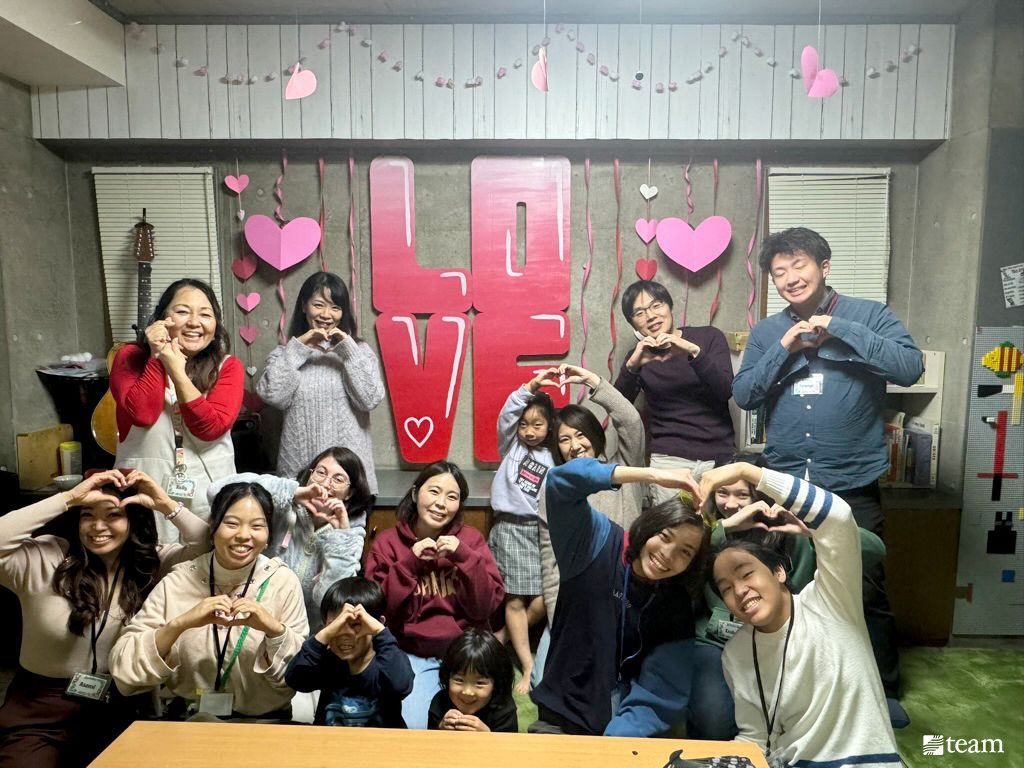

TEAM's mission:
To partner with the global Church in sending disciples who make disciples and establish missional churches to the glory of God.
© TEAM 2023 | All Rights Reserved
Powered by
Solertiae Sites

















